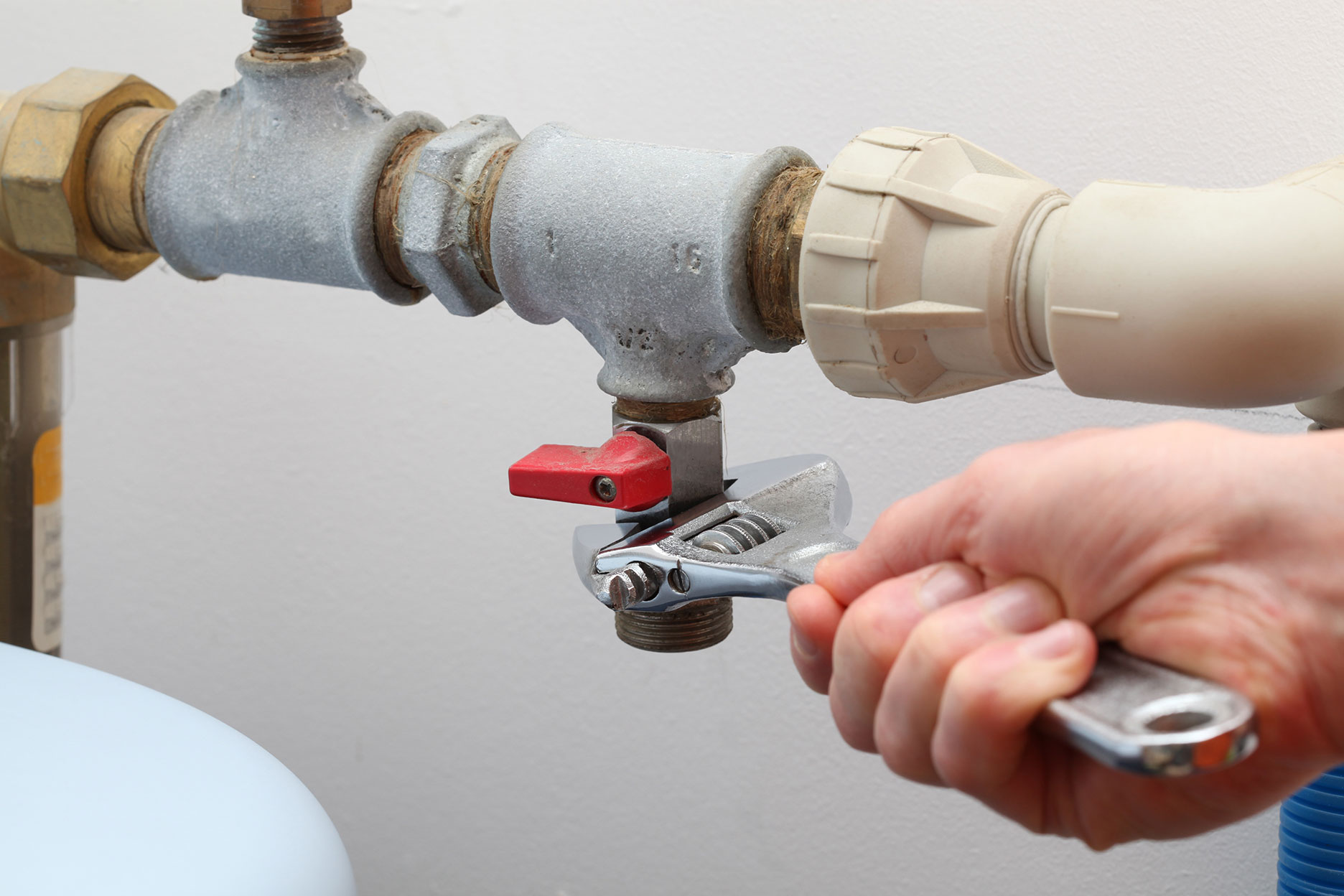
The installation, maintenance and testing of Cross Connection Control Devices is currently being enforced by most municipalities. These devices protect both yourself and your neighbours by preventing dirty water from contaminating our drinking supply. Cambie Plumbing & Heating Ltd. is licensed to test and service these devices on both commercial and residential levels. Have us visit you once a year to make sure all your devices are certified and operational.
Here are some sources of contamination that Cross Connection Control Devices protect against:
Boiler Feed
- The dangers of running a boiler dry are quite serious. This makes the installation of a valve that replaces any water that escapes or evaporates absolutely necessary.
- This “boiler make-up valve” is connected directly to the building’s water supply. Previous generations of theplumbing code required a device to prevent this contaminated water from re-entering the potable system.
- These previous generations stopped short of calling for a valve that we can prove works, and are called”non-testable backflow preventers”.
- Backflow preventers are easily installed and give you the piece of mind of knowing that a licensed cross connections control technician will certify the device annually; and prove that the building water is safe from contaminants leaving the boiler and fouling the building’s water.
Garden Hose
- Hoses are the most common source of cross connection between potable water and contaminants.
…….. Soap from washing the car ……Hose end sprayers for fertilizer. - Can be fixed easily with a screw on vacuum breaker.
Filtration Systems
- If the filter is not changed frequently, the filter can grow bacteria
Carbonated Beverage Tower
- Soda machines with all that sugar can be a breeding ground for bacteria.
Fire Suppression System
- Fire lines are connected to the water main and are filled with water when they are first put into service. These lines do not get replaced with fresh water except when there is a fire, and are then left to stagnate.
Irrigation System
- Irrigation lines buried in the ground are depressurized and blown out in the winter to prevent themfrom freezing.
- Bugs and other debris accumulate in the lines and are sometimes trapped in the system.
- In the spring when the system is put back in service, there is a high possibility of contamination.

